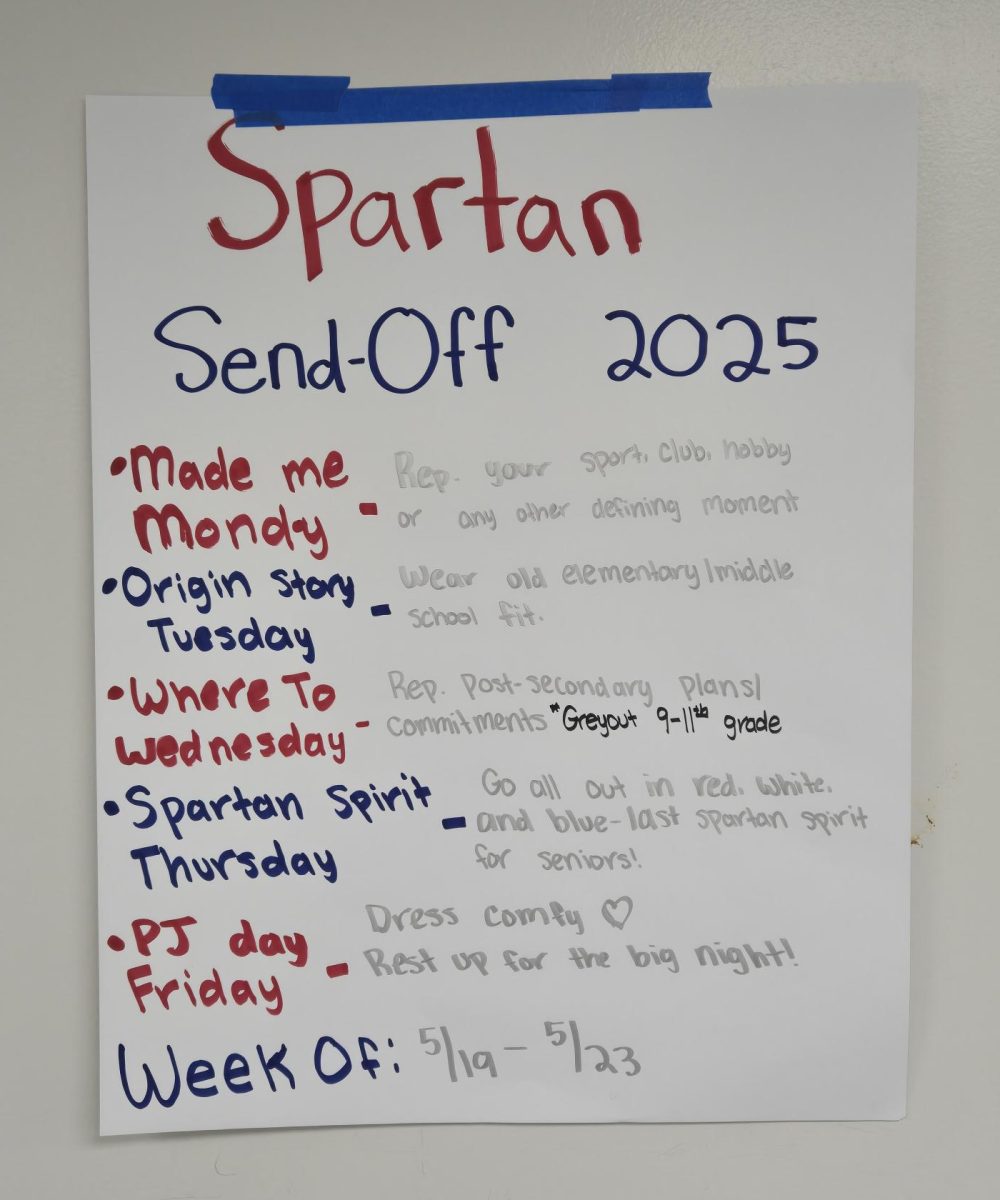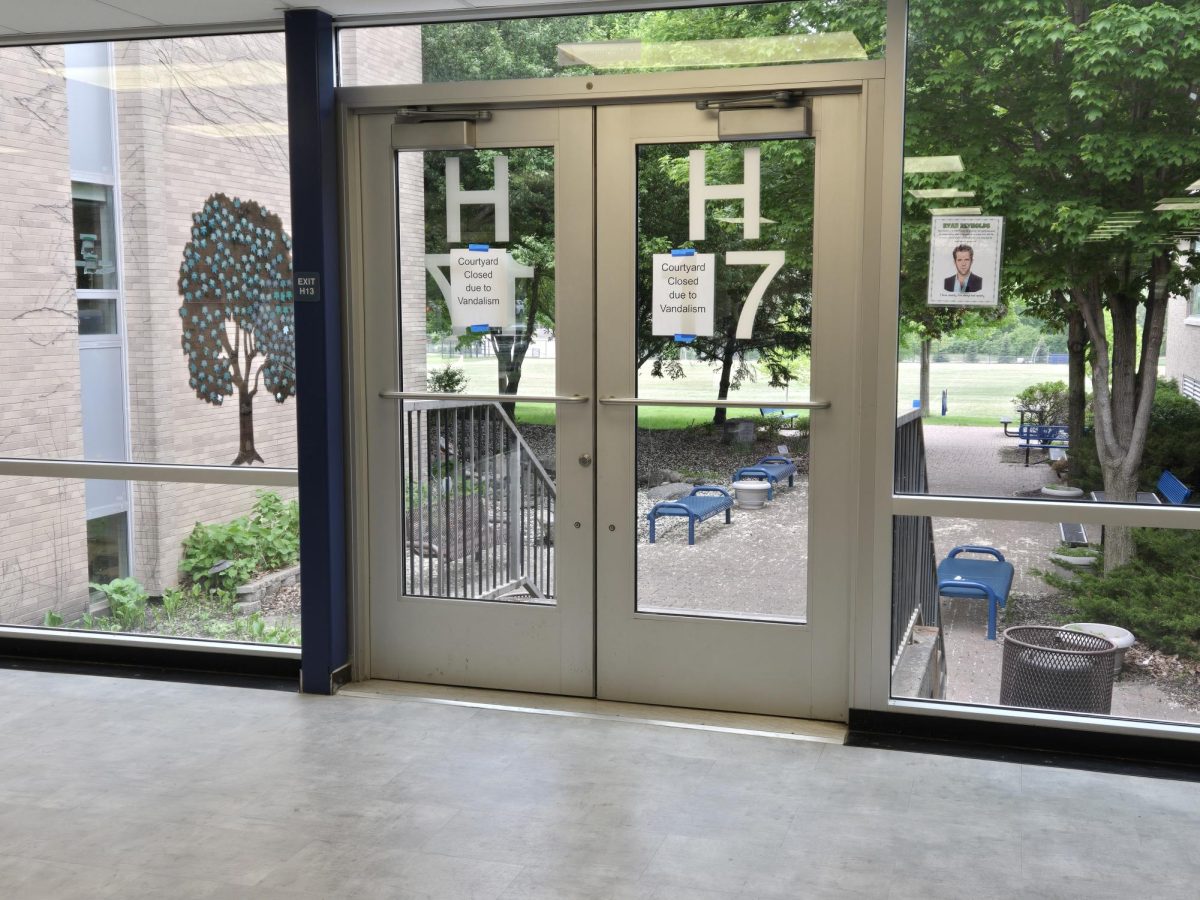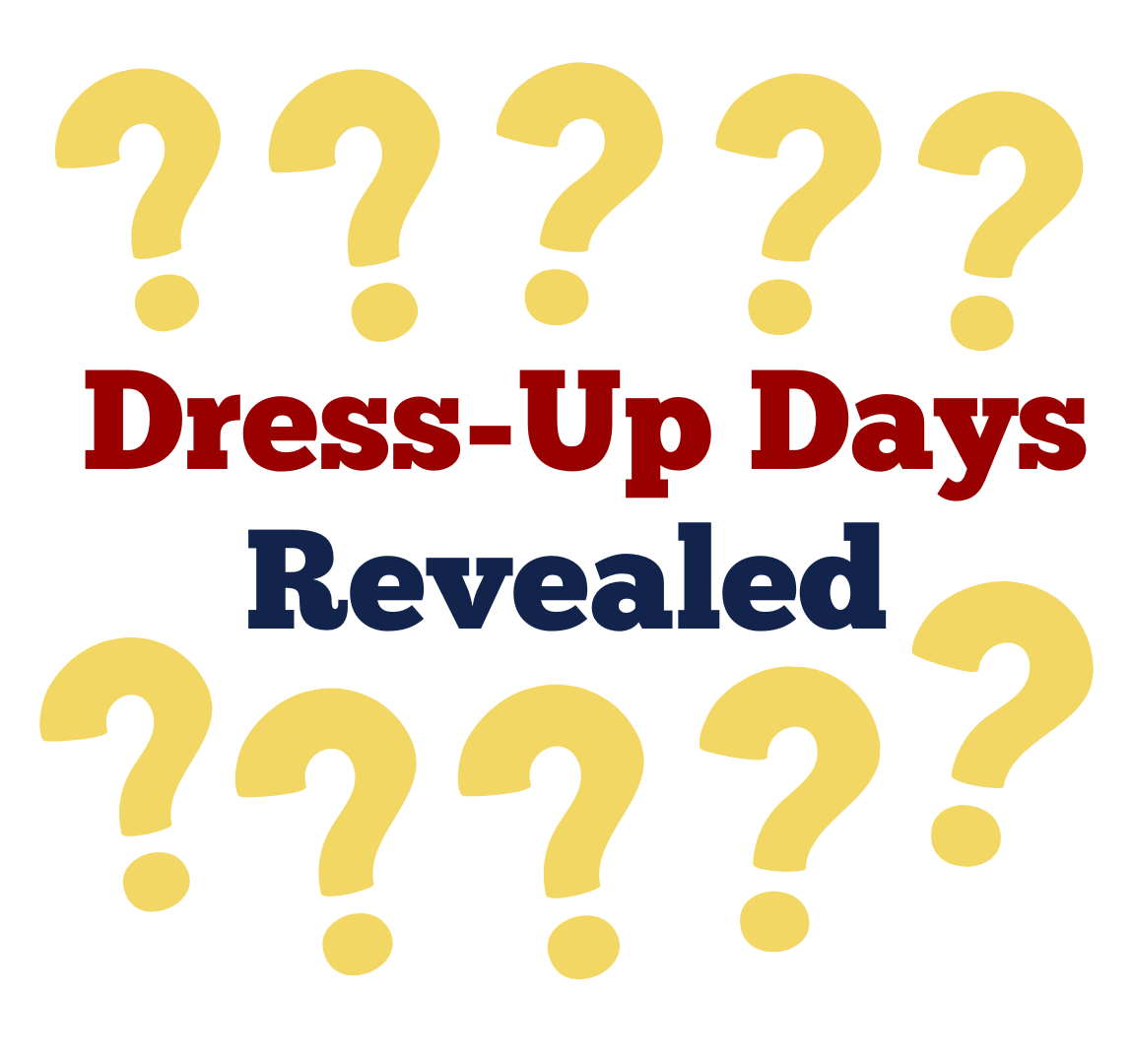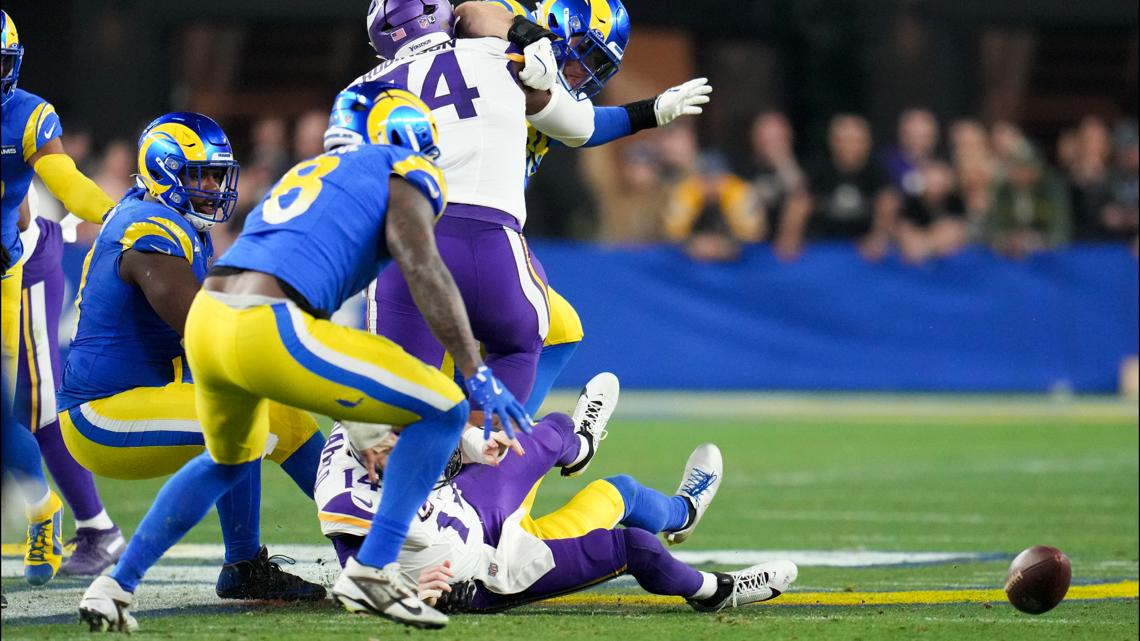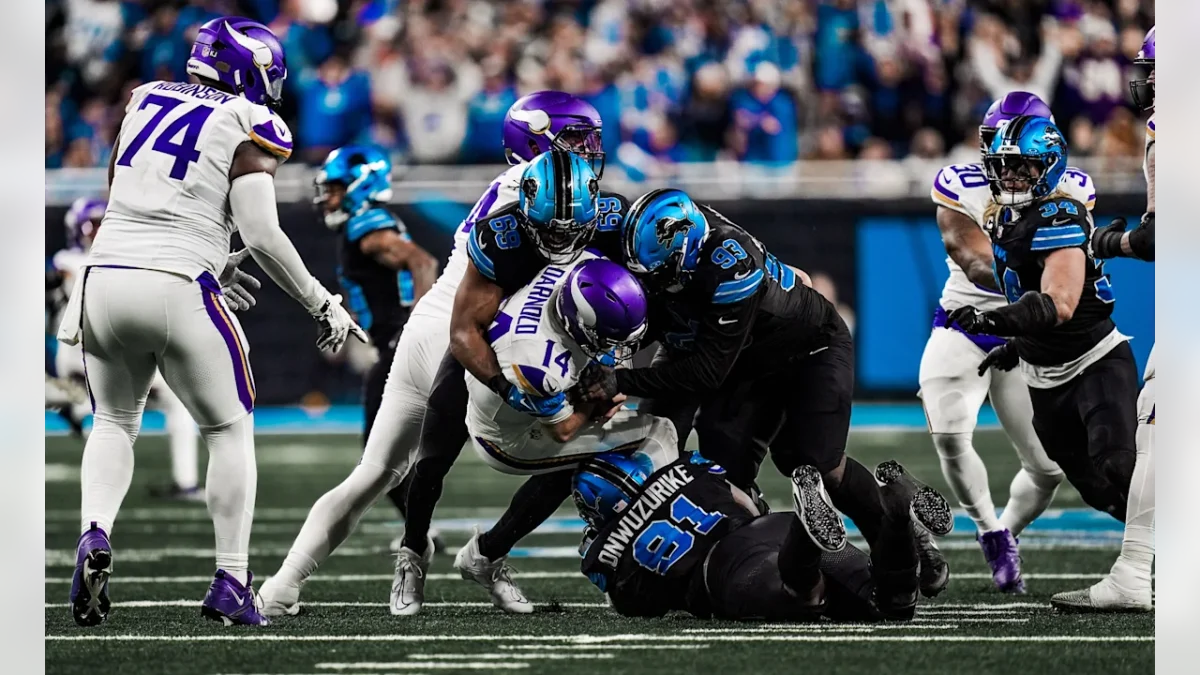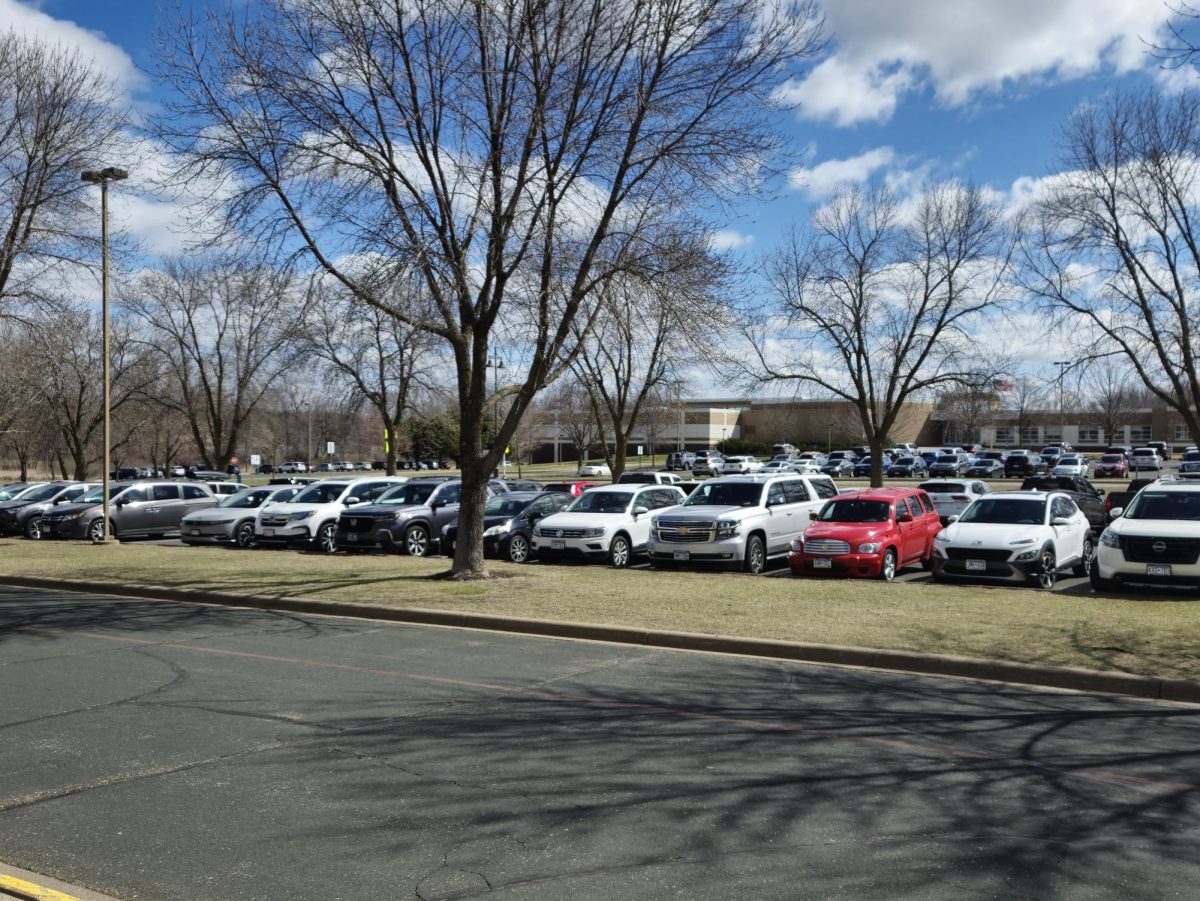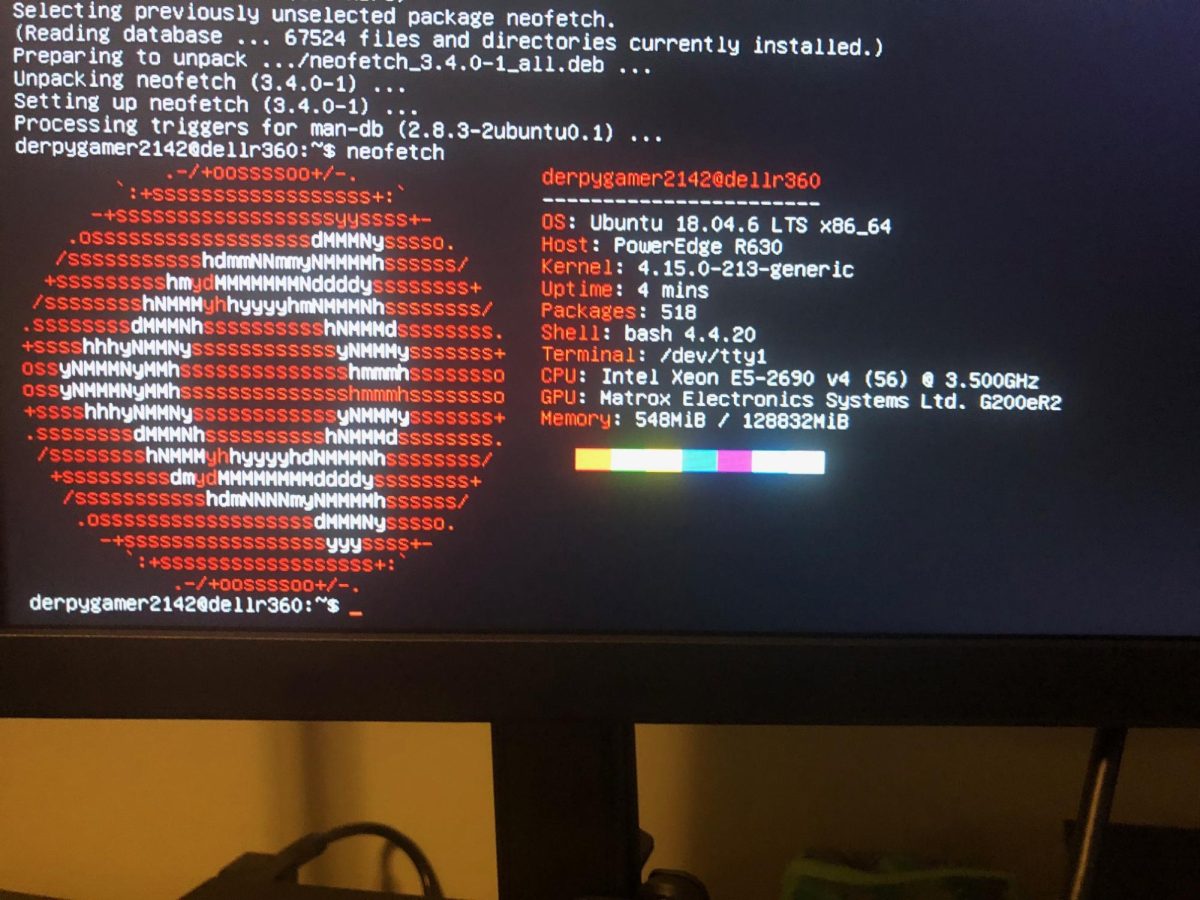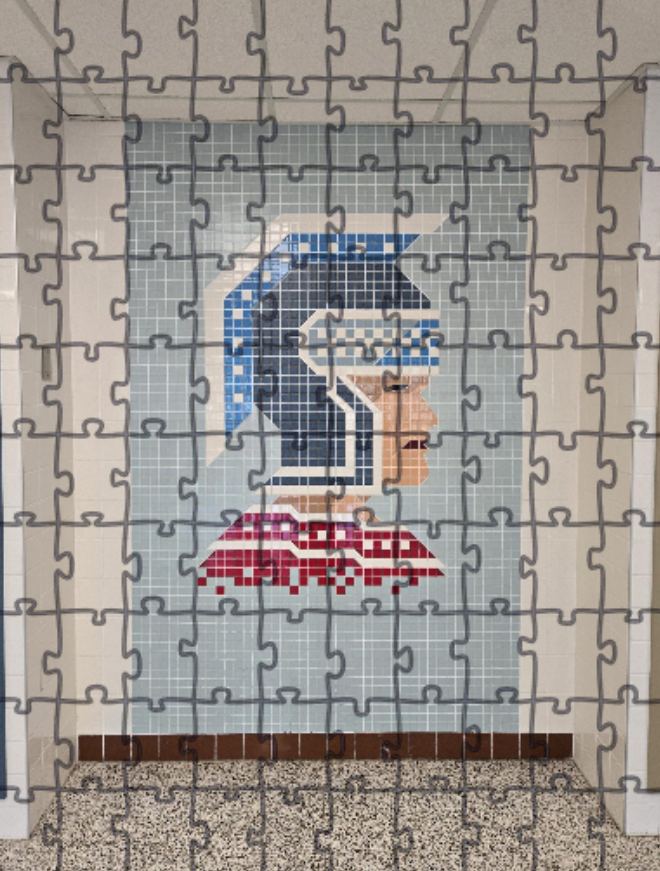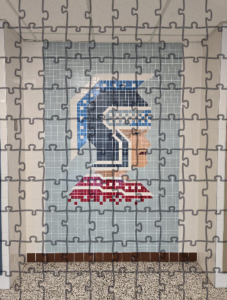Recent scams among cell phone users sparks alarm
March 17, 2014
The Better Business Bureau (BBB) of Minnesota is warning cell phone users of scam calls from long distances.
The scam is simple; usually a phone rings once or twice and then the person on the other end hangs up. The person who then received the phone call, if he or she feels obligated, calls back and the scammer collects money.
According to Dan Hendrickson of BBB, cell phone users should watch out. “The bottom line is: If you see that 473 prefix on your caller ID, be careful,” Hendrickson said.
The charges will show up on a phone bill as a “premium service.” The best way to avoid this charge is to not answer the calls or call back.
“Simple curiosity can get you into some trouble,” CEO of the BBB in North Dakota, Dana Badgerow said.
The press release listed a few of the common offenders of this scam as Grenada (473 area code), the Dominican Republic (809), the British Virgin Islands (284), Jamaica (876) and recently discovered, Antigua (268).
The BBB recommends that cell phone users should also check their phone bills to make sure of charges.
If you are curious as to who called make sure to check with Google. Simply search the phone number in the google search bar. Users can also use websites like whocalled.us. The website tracks complaints and questions about specific phone calls.
Victims of these ‘one-ring’ scams often are charged $19.95. This charge often comes up as an ‘adult-entertainment’ charge. This fine will only show up if you actually answer the call. Then if one does answer, he or she is charged an additional $9, for every minute he or she is on the phone with the scammer.
Usually victims of the scam hear background noise or mumbling if the phone is answered.
Senior Ellie Wachman doesn’t believe in scams because “scams aren’t honest or ethical ways of doing business, and therefore shouldn’t be occurring,” Wachman said.
If you believe that you have been scammed, make sure to notify your cell phone provider immediately and check your cell phone bills. The earlier you report it, the better your chances are for having the charges removed.


